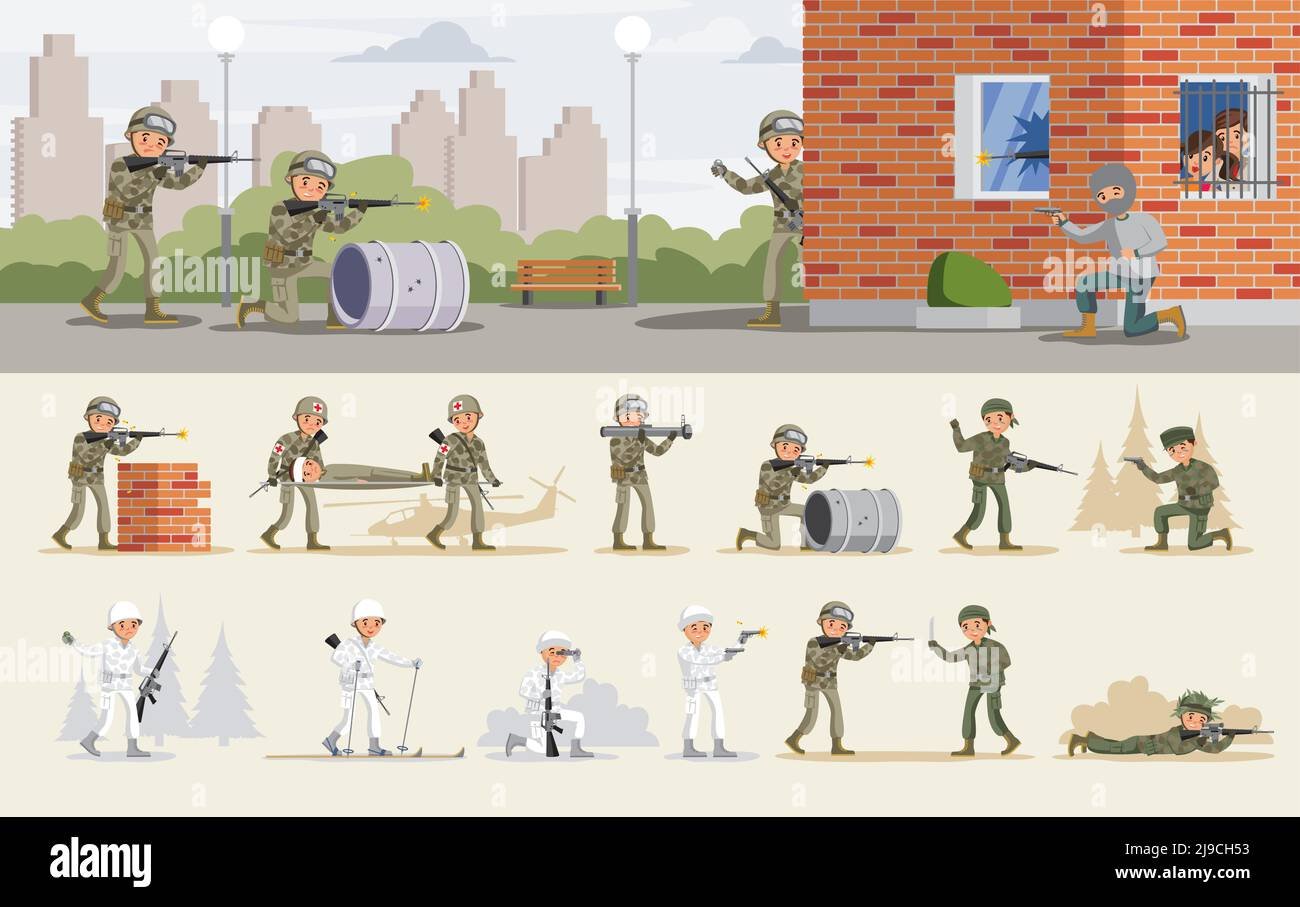In the complex tapestry of global relations, military strikes and hostage situations often present themselves as intricate threads, intertwined in a delicate balance. The decision to engage militarily, especially in scenarios involving groups like Hamas or other militant organizations holding hostages, is fraught with profound implications. These moments call for not just strategic acumen but also a deep understanding of the human spirit and the bonds that tie us together as a global community.
The essence of our shared humanity is tested in these trying times. It’s easy to view military retaliation against attacks—such as those harming U.S soldiers—as an immediate recourse; it speaks to a primal instinct for justice and protection. Yet, beneath this surface lies a more nuanced challenge: how do we navigate the path toward securing the safety of hostages while upholding our collective values?
Critiques often arise from diplomatic responses during press briefings and interviews, highlighting an apparent prioritization of direct retaliation over concerns about complicating hostage negotiations. However, this viewpoint might overlook the depth of consideration involved in such decisions. Behind closed doors are discussions steeped in commitment—not only to bringing every soldier home but also to fostering an environment where dialogue can pave the way for peaceful resolutions.
This is not to say that military action is taken lightly or without regard for its broader impact on hostage situations. On the contrary, each step taken symbolizes a painstaking balance between demonstrating resolve against acts of violence and preserving avenues for negotiation. It’s about finding strength not just in might but in the power of unity—unity within nations and among them.
As we consider these scenarios, it becomes clear that at their core lies an opportunity—an opportunity to reaffirm our dedication to principles that transcend borders: empathy, resilience, and above all else, hope. Hope drives us forward; it inspires innovation in diplomacy and strategy alike. It encourages us not only to respond with force when necessary but also to lean heavily into efforts that build bridges rather than walls.
In reflecting upon how military strikes affect efforts to retrieve hostages held by militant organizations, we’re reminded of our responsibility towards one another—a responsibility that extends beyond national interests or political affiliations. We’re called upon to act with courage yet tempered by wisdom; guided by a vision that seeks lasting peace over temporary triumphs.
Let us then approach these challenges with both eyes open—to the realities on the ground and towards horizons lit by possibilities yet realized. For even amidst adversity lies potential: potential for growth as individuals and communities; potential for forging stronger bonds across divides; potential for creating a world where compassion leads actions.
In doing so, we embody what it means truly be part of a national—and indeed international—community committed not just surviving today’s trials but thriving beyond them into tomorrow’s promise.

Leave a Reply